BOARD OF TRUSTEES
The following are the Trustees of the Board of the Center for International Law and Policy in Africa as of the first general meeting of the members on 23 December 2023:
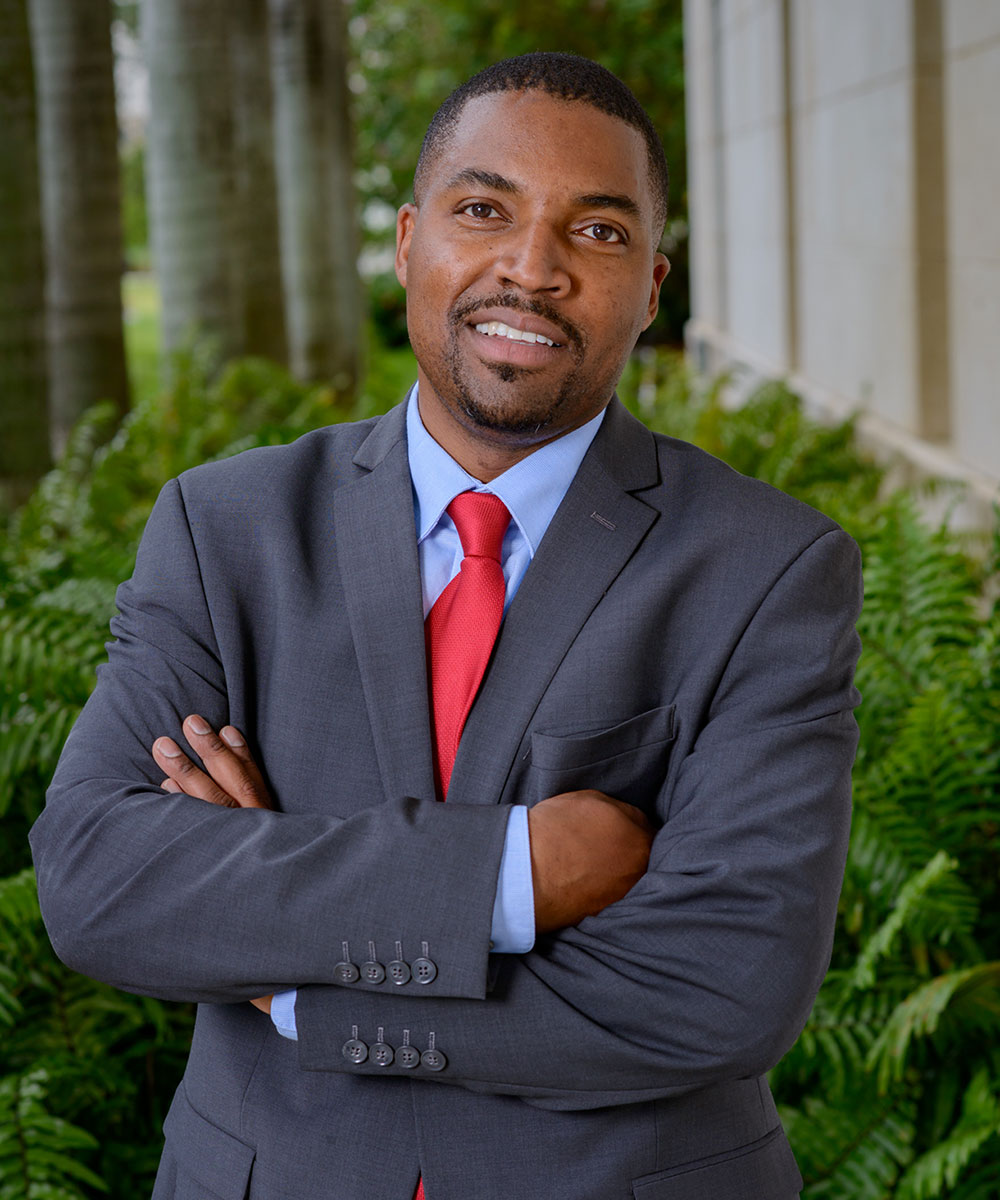
Charles C. Jalloh - Chair of the Board
Charles C. Jalloh is Professor of International Law and the Richard A. Hausler Chair in Law at the University of Miami Law School as of July 2024. The Founder and Executive Director of the Center for International Law and Policy in Africa (CILPA), he was previously Distinguished University Professor of International Law at Florida International University. He is an active member of the International Law Commission (ILC), to which he was twice elected by the UN General Assembly, where his contributions have included serving as a Chair of the Drafting Committee (2018), General Rapporteur (2019), Second Vice-Chair (2023) and Chair of the Working Group on Methods of Work and Procedures (2023-present). In May 2022, the ILC appointed him a special rapporteur for the topic Subsidiary Means for the Determination of Rules of International Law.
Formerly a Fulbright Distinguished Chair in Public International Law at Lund University (2018-2019), Sweden, he has published extensively in the field of international law. Recent works include The International Criminal Court and Africa (Oxford, 2017, edited with Ilias Bantekas), the monograph The Legal Legacy of the Special Court for Sierra Leone (Cambridge, 2020) and articles in the American Journal of International Law. He was Founding Editor-in-Chief of the the African Journal of Legal Studies and the African Journal of International Criminal Justice. He sits on the editorial boards of several leading journals in the field, including the American Journal of International Law.
Before academia, Dr. Jalloh practiced law at the national and international levels as Counsel in the Canadian Department of Justice and the Department of Foreign Affairs and International Trade, a Legal Adviser in the Special Court for Sierra Leone, and an Associate Legal Officer in the International Criminal Tribunal for Rwanda. He continues to counsel States and regional organizations on issues of international law, including advising on cases before the International Tribunal for the Law of the Sea, the International Criminal Court and the International Court of Justice.
His education includes a B.A. from the University of Guelph, LL.B. and B.C.L. degrees from McGill University, a Master’s in International Human Rights Law, with distinction, from Oxford University, where he was a Chevening Scholar and a Ph.D. in International Law from the University of Amsterdam.
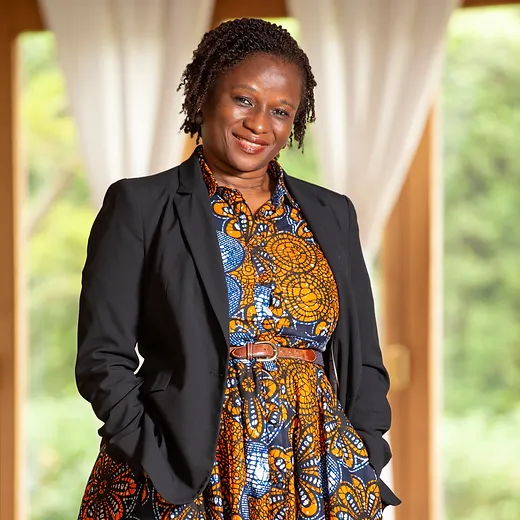
Tamara Cummings-John
Tamara Cummings-John is currently a Senior Human Resources Officer at the World Food Program, in Kinshasa, the Democratic Republic of the Congo. She is also a Steering Committee member of the UN People of African Descent. Previously, she worked as a HR Specialist for UN Women’s East and Southern Africa Regional Office based in Nairobi, Kenya. Prior to which she was a Legal Officer in the Office of Legal Affairs at the United Nations in New York managing the UN’s cooperation with the International Criminal Court. She spent six years at the Special Court for Sierra Leone and the International Criminal Tribunal for Rwanda working on the Karemera case, the Charles Taylor case and the AFRC case as part of the prosecution teams. She studied at University of Manchester, the Université de Bourgogne, the College of Law, Store Street and holds a Masters in International and Comparative Legal Studies from the School of Oriental and African Studies, University of London.
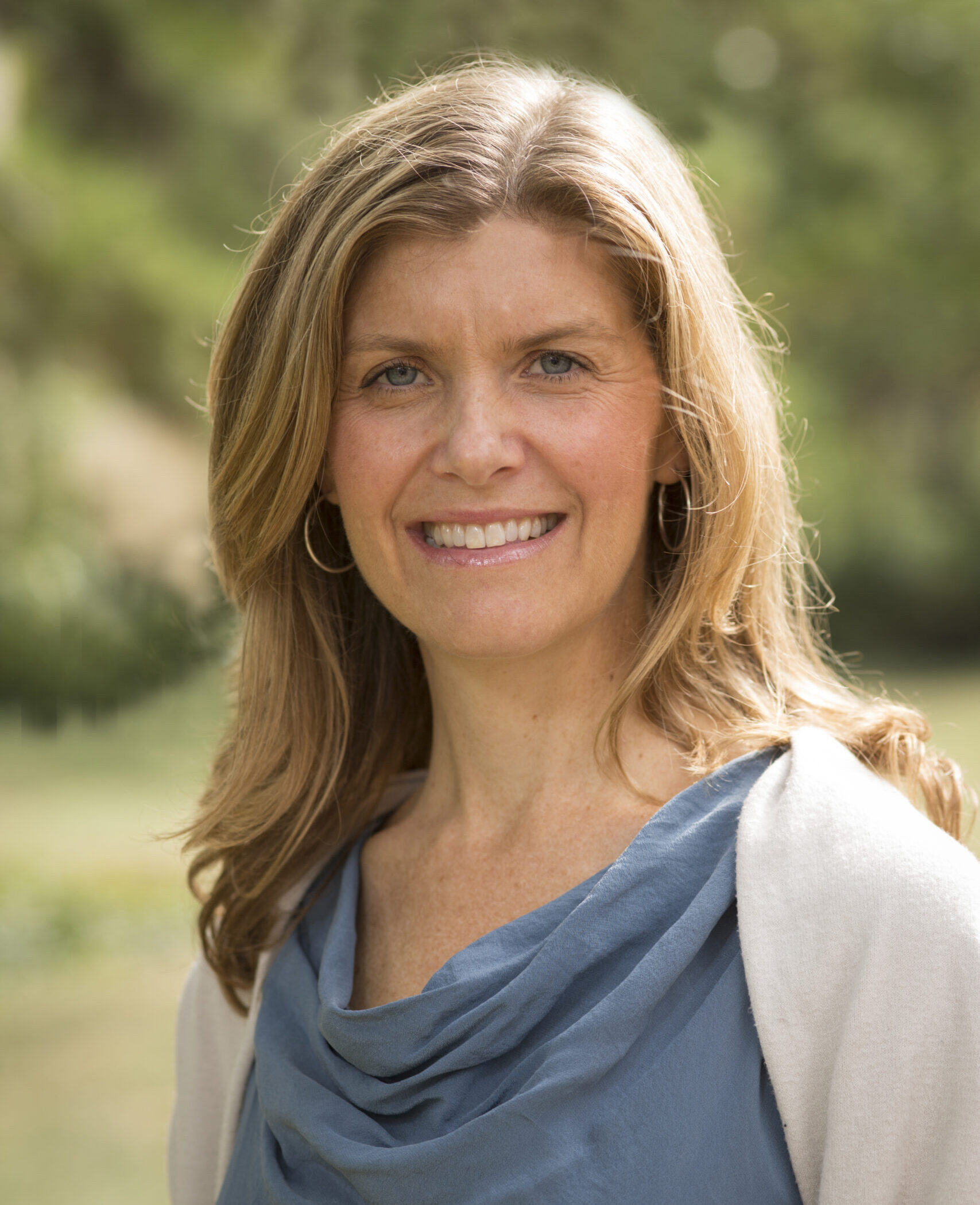
Margaret M. deGuzman
Margaret M. deGuzman is James E. Beasley Professor of Law and Co-Director of the Institute for International Law and Public Policy at Temple Law School, and a judge of the Residual Mechanism for International Criminal Tribunals. She specializes in criminal law, international criminal law, international humanitarian law, international human rights law, and transitional justice. Professor deGuzman is a Senior Peace Fellow at the Public International Law and Policy Group, a consultant with Global Rights Compliance, and serves on the editorial board of the African Journal of International Criminal Justice. She served as a legal advisor to the Senegal delegation at the Rome Conference on the ICC and as a law clerk in the Office of the Prosecutor of the International Criminal Tribunal for Former Yugoslavia. She was a Fulbright Scholar in Darou Ndiar, Senegal. Professor deGuzman received a Ph.D. (human rights) from the National University of Ireland, Galway, a J.D. from Yale Law School, an M.A.L.D. from the Fletcher School of Law and Diplomacy, and a B.S.F.S. from Georgetown University’s School of Foreign Service.
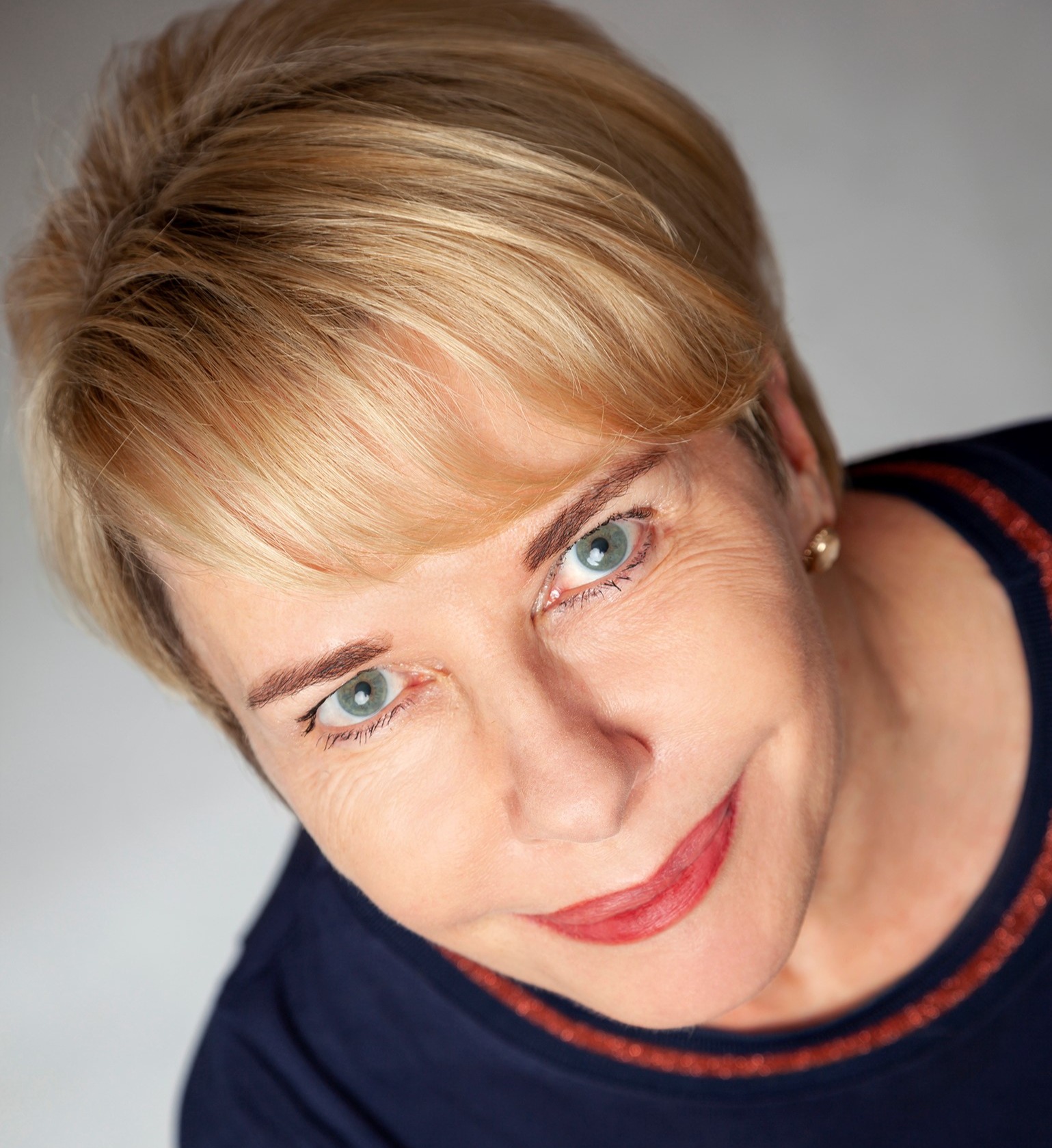
Erika De Wet
Erika de Wet commenced as Professor of International Law and Head of the Institute of International Relations in the Faculty of Law, University of Graz, Austria in 2020. Since July 2015 she is also Honorary Professor in the Faculty of Law, University of Bonn, Germany. Immediately before joining the University of Graz, she was the first South African Research Initiative (SARChI) Professor of International Constitutional Law in the Faculty of Law, University of Pretoria, South Africa (2016- 2019). She obtained her B.Iur and LL.B. as well as her LL.D. at the University of the Free State, South Africa. She holds an LL.M from Harvard University and completed her Habilitationsschrift at the University of Zurich, Switzerland in December 2002. A revised version, entitled the Chapter VII Powers of the United Nations Security Council, was subsequently published with Hart Publishing in 2004. This work has been widely cited, including by the European Court of Human Rights, the International Court of Justice, the International Criminal Court and the United Kingdom Supreme Court. Since October 2020, Erika de Wet is Co-Editor-in-Chief of the Max Planck Yearbook of United Nations Law.
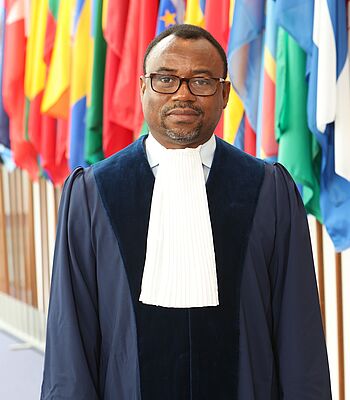
Osman K. Kamara
Osman Keh Kamara is as of 1 October 2023 a Judge at the the International Tribunal for the Law of the Sea (ITLOS). Previously he worked for the African Union, prior to which he was Sierra Leone’s Ambassador Extraordinary and Plenipotentiary to the Federal Democratic Republic of Ethiopia; Permanent Representative to the African Union and the United Nations Economic Commission for Africa since 2014. His diplomatic district covered Israel and countries in the Eastern and Southern African regions. Before his appointment as Permanent Representative to the African Union, he served as the Deputy Ambassador and Deputy Permanent Representative at the Permanent Mission of Sierra Leone to the United Nations in New York. He also served as Co-Counsel (Appeals Chamber) of the Special Court for Sierra Leone in addition to legal practice in the Sierra Leone Bar. Educated at the University of Sierra Leone and Columbia University, he has been awarded an Honorary Doctorate of Laws Degree (Honoris Causa) from the Commonwealth University.
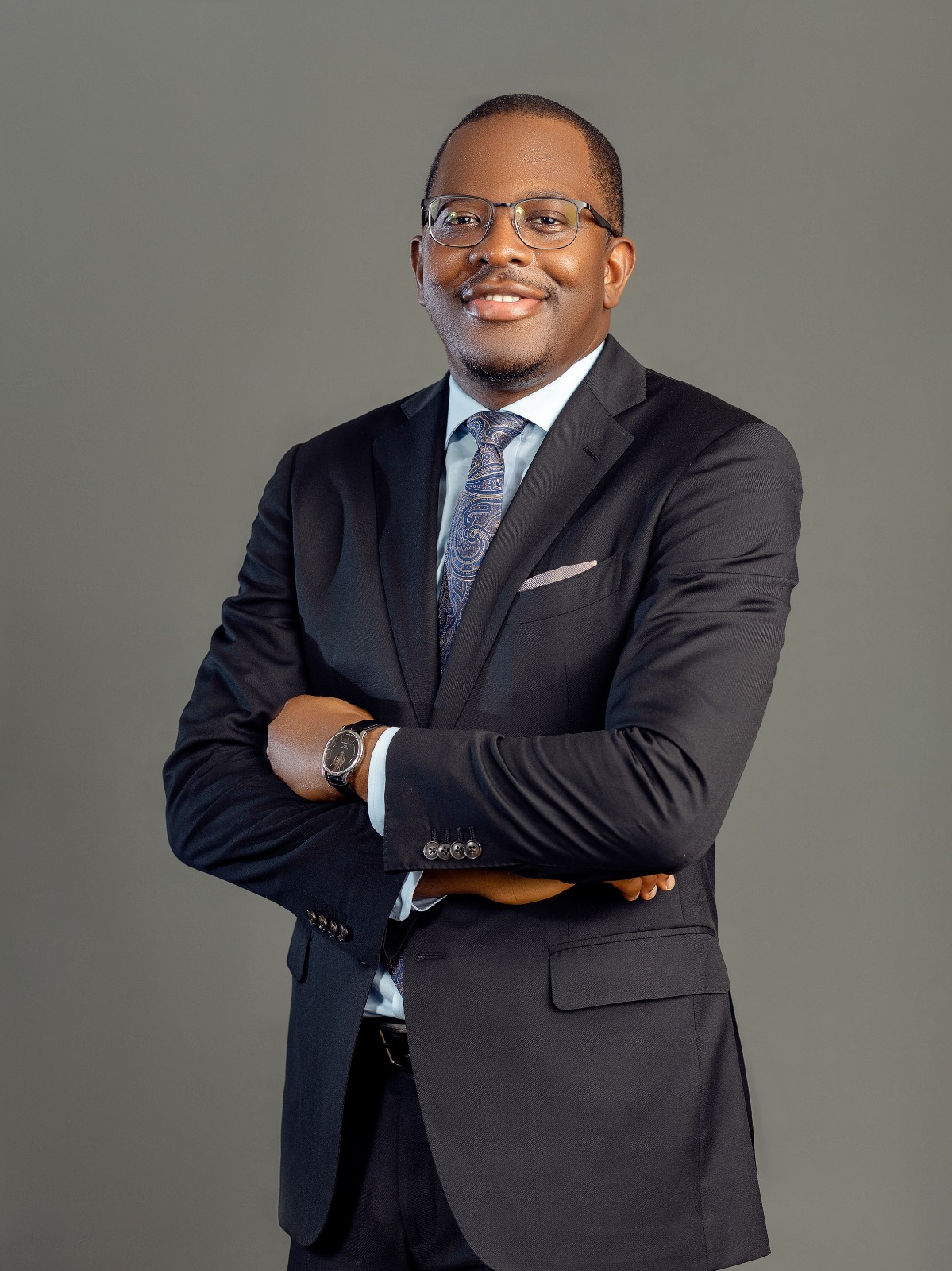
Michael Imran Kanu
Ambassador Michael Imran Kanu is the Permanent Representative of Sierra Leone to the United Nations (UN) in New York, and also to the International Seabed Authority (ISA) in Kingston, Jamaica. He is a Member of the Legal and Technical Commission of the ISA (2023-2027) and Co-Chair of the Review Mechanism of the International Criminal Court (ICC) and the Rome Statute system. He is Vice-President of the ICC Assembly of States Parties (23rd to 25th sessions). From September 2018 to August 2023, Dr. Kanu served as Ambassador and Deputy Permanent Representative (Legal Affairs) at the Permanent Mission of Sierra Leone to the UN in New York. He holds a Doctoral of Juridical Science in International Business Law (SJD), Central European University (2015 – 2018); Master of Laws in International Business Law (LL.M), Central European University (2014 – 2015); Degree of Utter Barrister (B.L), Sierra Leone Law School (2007– 2008); and Bachelor of Laws with Honours (LL.B), Fourah Bay College, University of Sierra Leone (2003 – 2007). He is a United Nations International Law Fellow and Visiting Senior Fellow in Practice, the Law School of the London School of Economics and Political Science.
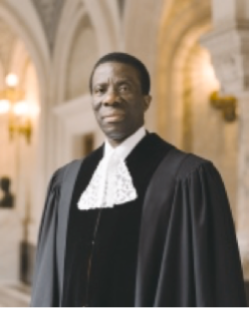
Abdul G. Koroma
Judge Abdul G. Koroma was a member of the International Court of Justice from 1994 until 2012, and the International Law Commission from 1982 until 1994. He served as Chairman for the Forty-Third Session of the Commission in 1991. He was Ambassador and Permanent Representative of Sierra Leone to the United Nations, the European Economic Community, and the Organization of African Unity (OAU), and has had extensive experience as a member of various legal committees in the United Nations, the OAU, and the African Union. Since 2006, he has been a member of the Committee of Experts on the Application of Conventions and Recommendations of the International Labor Office in Geneva, Switzerland. He was the Chairman of the International Labor Organization (ILO) Mission to Fiji to examine labor disputes between the Government of Fiji and trade unions in light of the applicable ILO Conventions and Recommendations. He was also Chair of the African Union’s Panel of Experts on the settlement of territorial and boundary disputes between the Republic of Sudan and the Republic of South Sudan. Judge Koroma is also a member of the World Bank Administrative Tribunal.
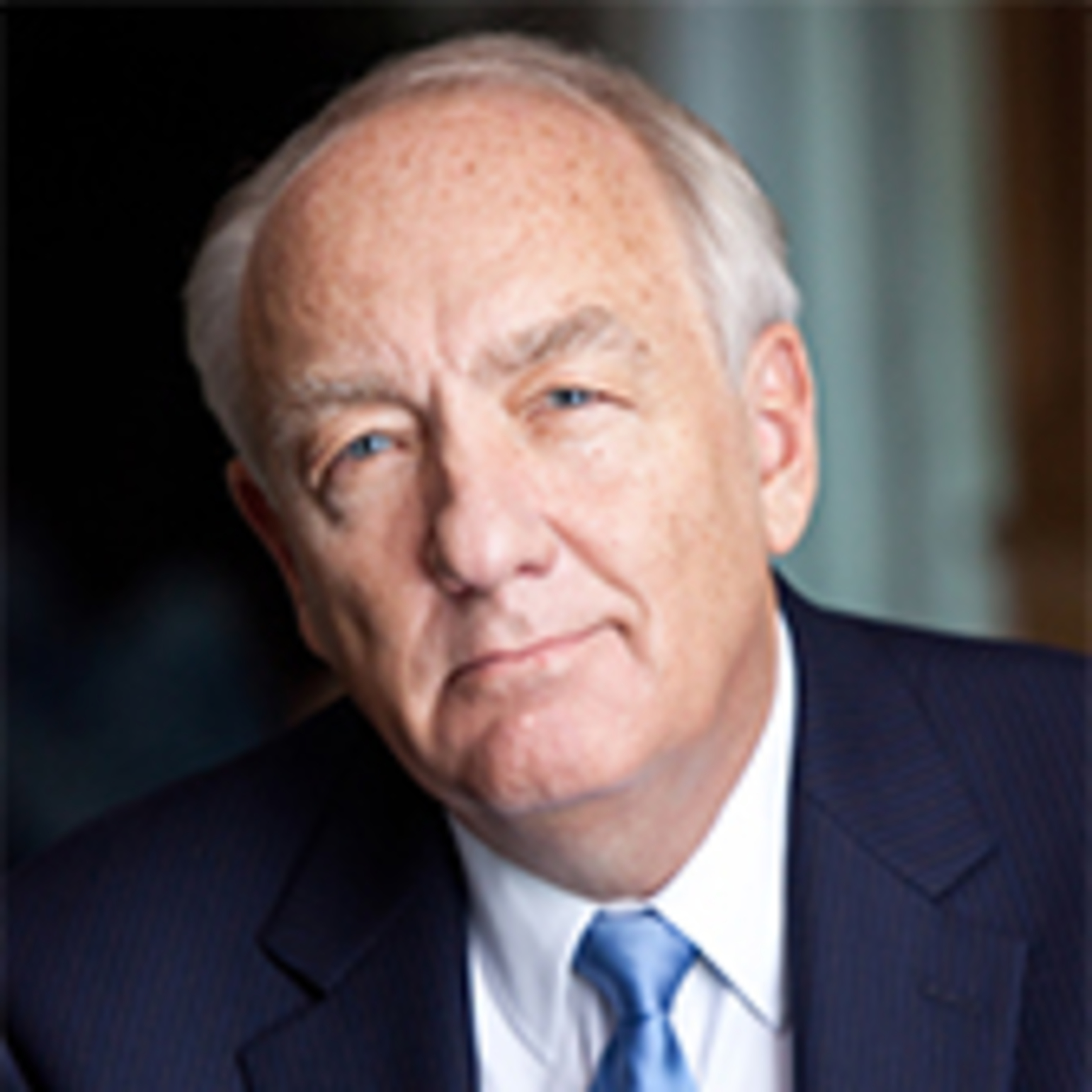
Stephen J. Rapp
Stephen J. Rapp is a Senior Fellow at the United States Holocaust Memorial Museum’s Center for Prevention of Genocide, and at Oxford University’s Center for Law, Ethics and Armed Conflict. During 2017-2018, he was the Father Robert Drinan Visiting Professor for Human Rights at Georgetown University. He serves as Chair of the Commission for International Justice and Accountability (CIJA), a Senior Peace Fellow of the Public International Law and Policy Group, and on the boards of Physicians for Human Rights, the IBA Human Rights Institute, the ABA Rule of Law Initiative, the Siracusa International Institute for Criminal Justice and Human Rights, and Guernica 37. Mr. Rapp was the Prosecutor of the Special Court for Sierra Leone from 2007 to 2009 where he led the prosecution of former Liberian President Charles Taylor. From 2009 to 2015, he headed the Office of Global Criminal Justice in the US State Department. Mr. Rapp has received a BA from Harvard, a JD from Drake, and several honorary degrees in recognition of his work for international criminal justice.
